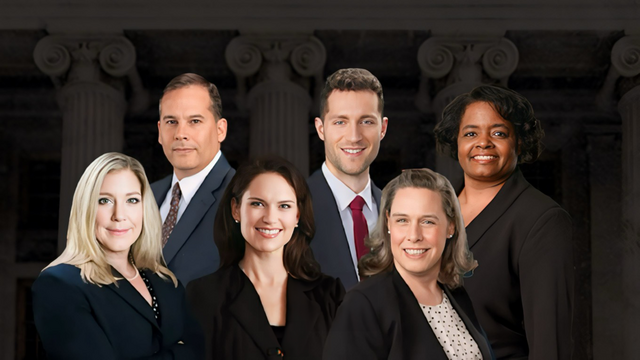Spotsylvania Traffic Lawyer
There are hundreds of traffic offenses listed in the Code of Virginia ranging from common offenses like speeding or disregarding a stop light, to less common offenses like following too closely or failing to signal when changing lanes. Depending on the severity of the offense, penalties can range from a light fine to more serious consequences such as a license suspension or revocation. In order to avoid these penalties or mitigate the damage of them as much as possible, it is important to consult with a Spotsylvania traffic lawyer as soon as you are charged. An experienced defense attorney can advise you of the specific repercussions you may be facing and help prepare you for what to expect at each step of the legal process.
Types of Offenses
There are two types of traffic offenses that exist in Virginia: traffic infractions and traffic misdemeanors. A traffic infraction is far less severe than a traffic misdemeanor, however, a traffic infraction can still be serious if the charged individual has multiple traffic infractions. Multiple traffic infractions can result in a high point balance on your Virginia driving record which, in turn, can result in a person being placed on license probation or suspension with the DMV depending on the number of points that were compiled.
Misdemeanor Traffic Offenses
There are many different traffic offenses that can be considered misdemeanors. Perhaps the most common among these offenses is reckless driving. Reckless driving is broken up into about a dozen different categories in Virginia, but generally involves driving that puts the driver or others at risk. A common example of reckless driving involves driving at a speed in excess of 80 miles per hour or in access of 20 or more miles per hour over the posted speed limit. Another common misdemeanor traffic offense is driving while intoxicated (DWI) which, due to the serious penalties, warrants contact with a Spotsylvania traffic attorney.
Felony Traffic Offenses
A third DWI offense may be considered a felony traffic offense. Serious hit and run cases that cause significant property damage or are accompanied by a DWI may also result in such a classification. These are the main two types of traffic felonies.
Driving Point System
Every state has its own system of points related to traffic law. In Virginia, when a person is first licensed, he or she begins with zero points on his or her record. For every year that he or she has had no traffic infractions whatsoever, he or she gets a positive point. The maximum number of positive points that an individual could have on his or her record is five. If an individual is convicted of a traffic offense in Virginia, the DMV will assess a certain number of points based upon that conviction and those points will come off that individual’s point balance. There are three-point violations, four-point violations, and six-point violations in Virginia.
Challenging a Suspension
If a General District Court judge suspends an individual’s license as a result of a traffic misdemeanor, that individual has the absolute right to appeal the judge’s ruling to the Circuit Court of the jurisdiction in which he or she was convicted. Apart from an appeal to the appropriate circuit court, the General District Court judge’s decision is considered final and it is rare for a judge to reconsider a license suspension after having already considered the case and made that ruling.
Benefit of A Spotsylvania Traffic Attorney
A traffic lawyer in Spotsylvania can always help an individual who has been charged with a traffic-related offense because, no matter the offense, having a lawyer significantly lessens the government’s ability to prove its case as having a lawyer increases the number of hoops through which it must jump in order to sustain a conviction. Very often, police officers are somewhat uncomfortable going up against an attorney versus just talking to the judge and the defendant. Generally speaking, when a lawyer gets involved, the officers become frustrated as it becomes more difficult for them to present the evidence that they want to present.




